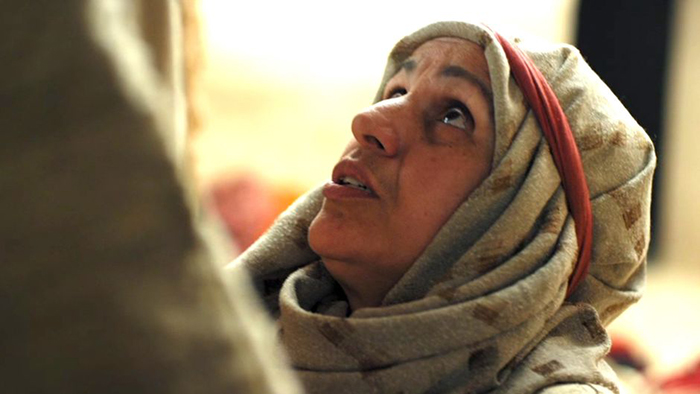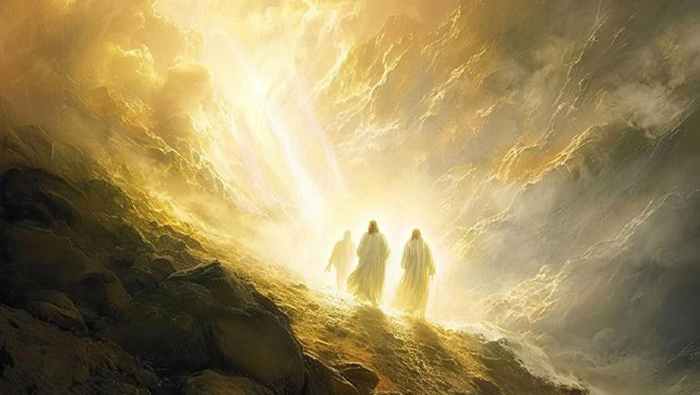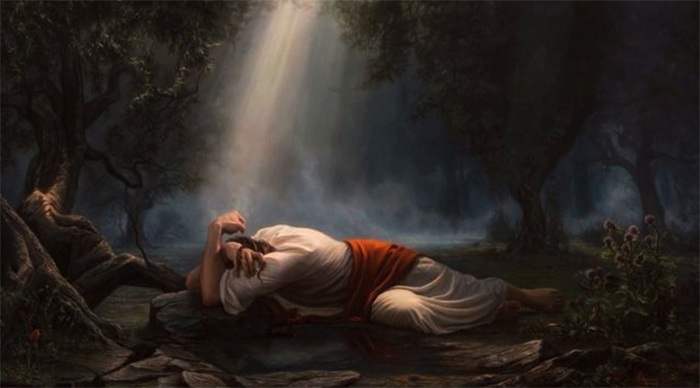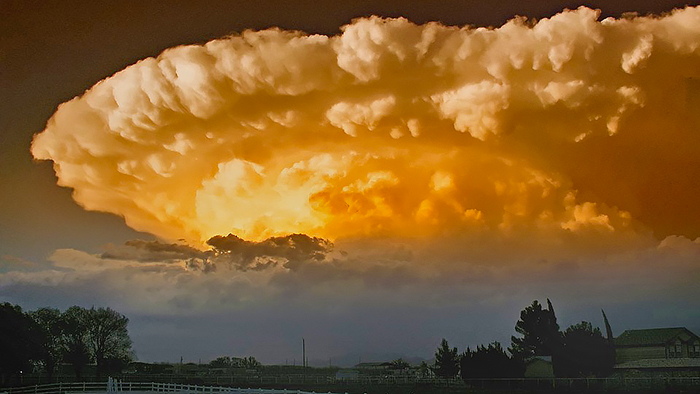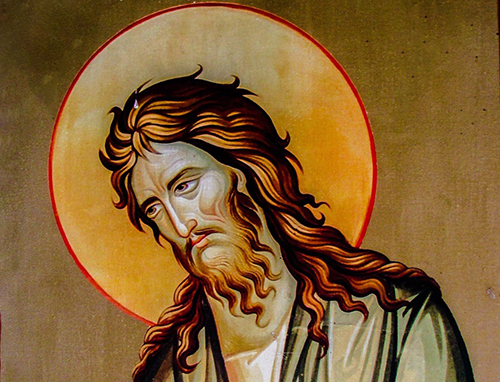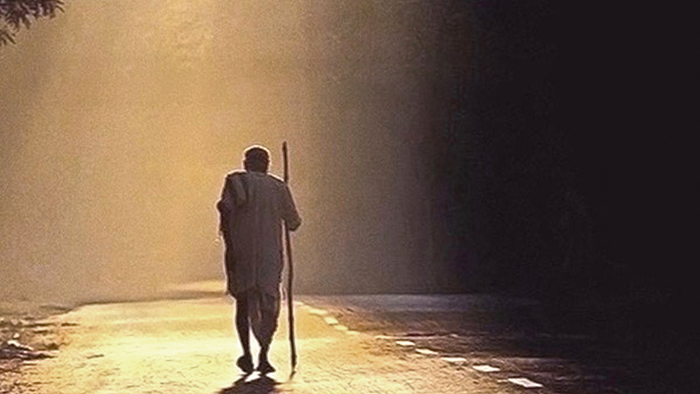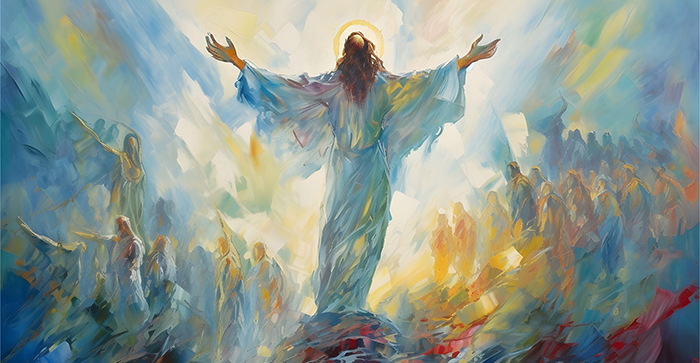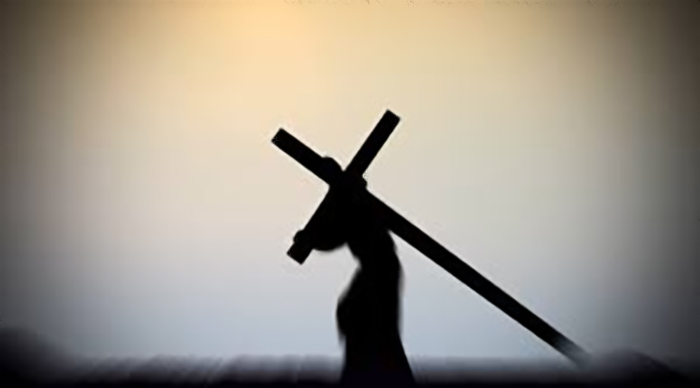
James Martin in his book, Jesus, A Pilgrimage suggests that taking up our cross daily and giving up life in order to find deeper life means six interpenetrating things:
- It means accepting that suffering is a part of our lives. Accepting our cross means that, at some point, we have to make peace with the unalterable fact that frustration, disappointment, pain, misfortune, illness, unfairness, sadness, and death are a part of our lives and they must ultimately be accepted without bitterness.
- We may not, in our suffering, pass on any bitterness to those around us. There is a difference between healthily groaning under the weight of our pain and unhealthily whining in self-pity and bitterness under that weight. The cross gives us permission to do the former, but not the latter.
- We must accept some other deaths before our physical death, that we are invited to let some parts of ourselves die. Maturity and Christian discipleship are about perennially naming our deaths, claiming our births, mourning our losses, letting go of what’s died, and receiving a new spirit for the new life that we are now living.
- We must wait for the resurrection, that here in this life all symphonies must remain unfinished. So much of life and discipleship is about waiting, waiting in frustration, inside injustice, inside pain, in longing, battling bitterness, as we wait for something or someone to come and change our situation. Sometimes in the midst of pain the best we can do is put our mouths to the dust and wait.
- Accepting that God’s gift to us is often not what we expect. God always answers our prayers but, often times, by giving us what we really need rather than what we think we need.
- Living in a faith that believes that nothing is impossible for God. It’s only possible to accept our cross, to live in trust, and to not grow bitter inside pain if we believe in possibilities beyond what we can imagine, namely, if we believe in the Resurrection. We can take up our cross when we begin to believe in the Resurrection.


